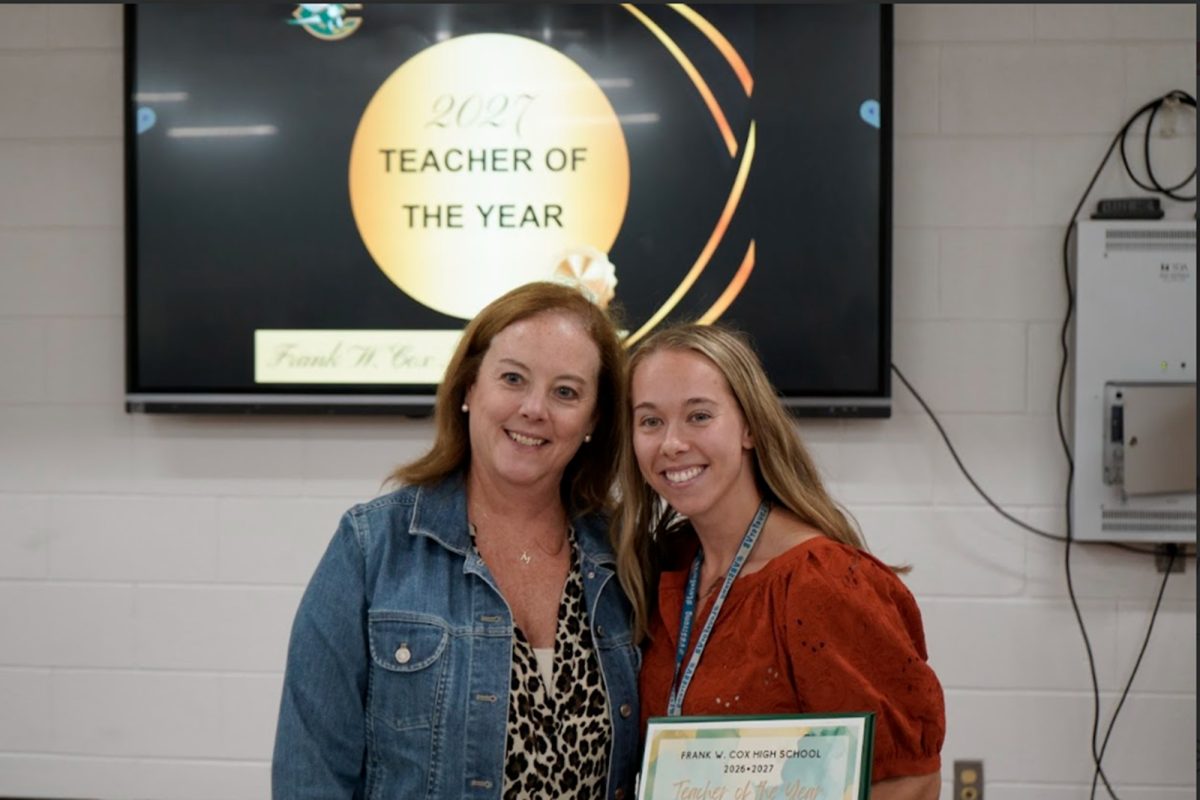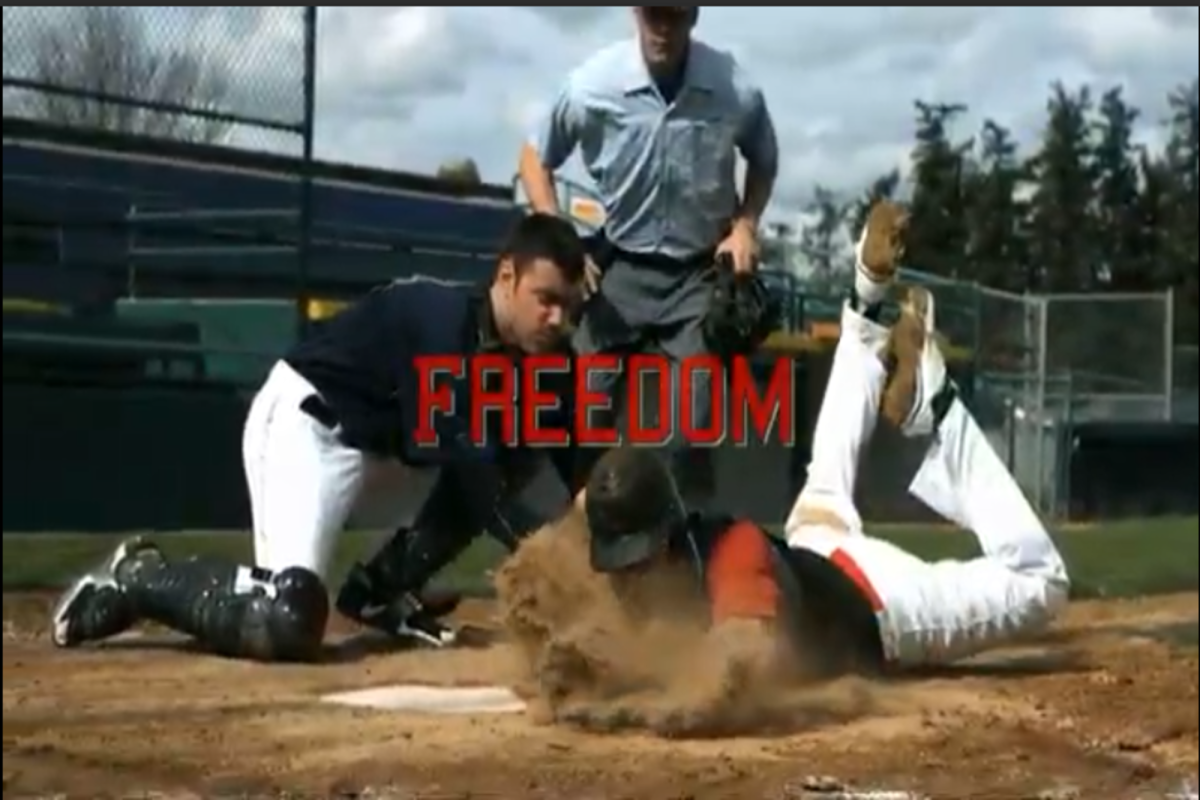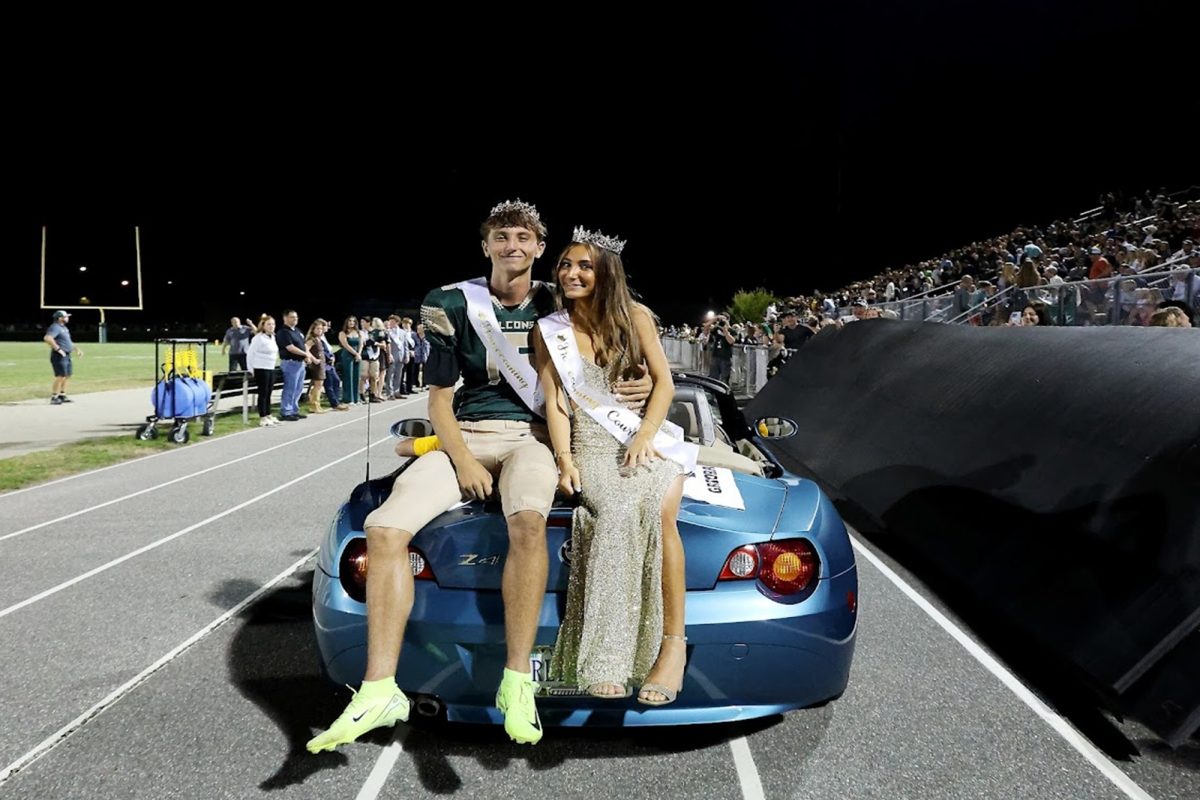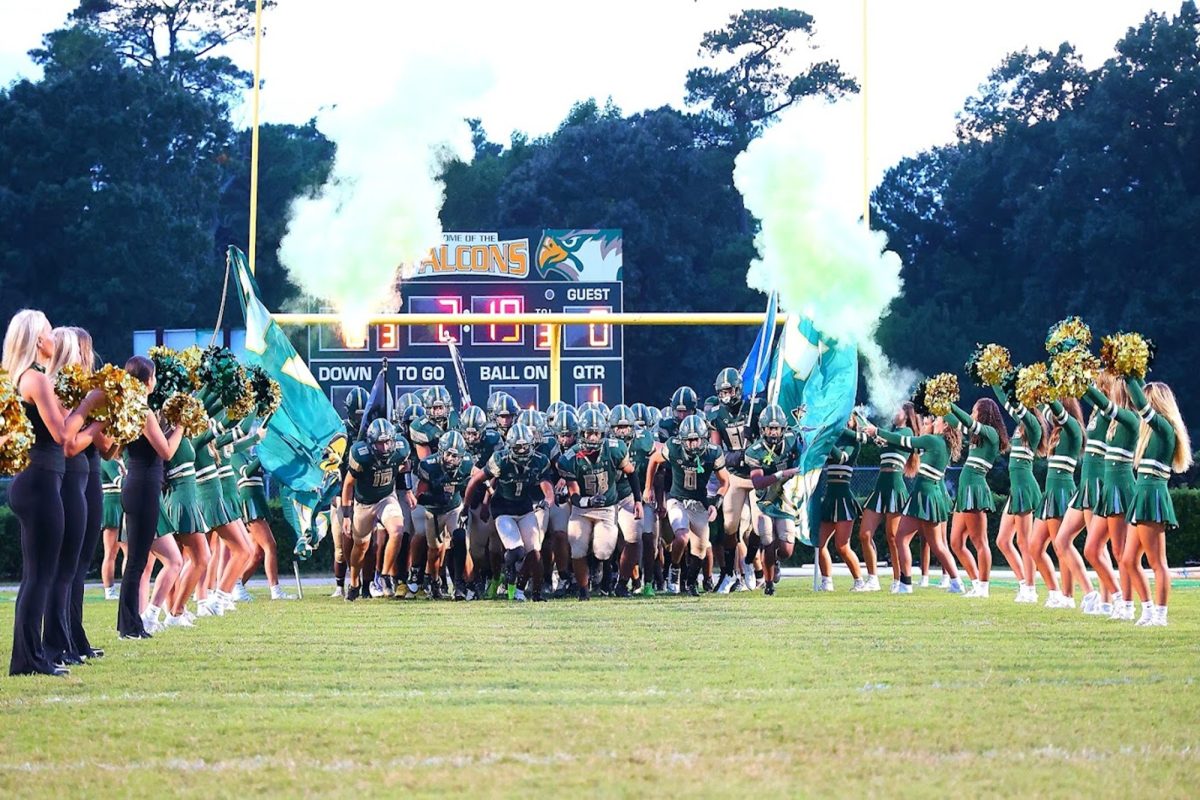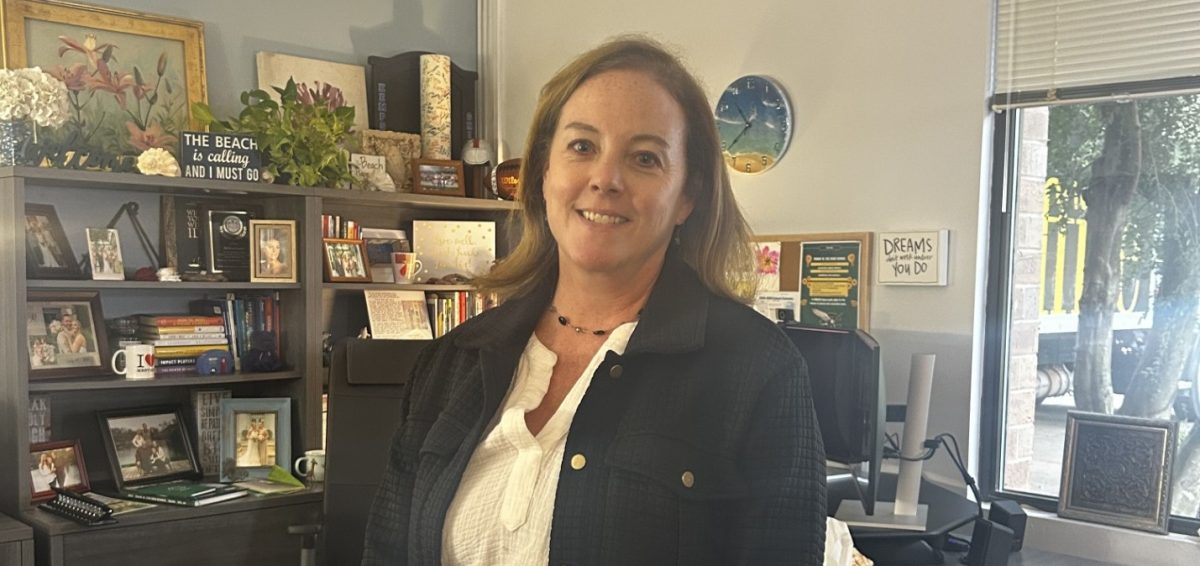Falcon athletes crowd the halls standing by to undergo treatment from the school’s two Children’s Hospital of the King’s Daughters (CHKD) certified Athletic Trainers Dave Dietter and April Minor. Countless athletes receive daily treatment in the trainer’s room before their games or practices.
The trainer’s relentless work has helped the school’s athletes tremendously. The nonstop help and treatment from our trainers helped the falcon baseball team and boys soccer to reach the state championship last year.
Dietter and Minor are familiar faces that are seen at almost every game and practice in every sport season, even in the summer. Rain or shine they show up to take care of the school’s athletes and spend countless hours rehabilitating injured student athletes.
The trainers have both made an impact on the players and they have also both made connections with Falcon athletes while treating them repetitively. Dietter and Minor discussed an average day as a trainer.
Q: What Sport Requires the most frequent medical health
A: Dave Dietter- “Football requires the most medical health year in year out, being a contact sport its very high velocity. As you get into the spring season it’s definitely soccer.”
A: April Minor – “I would say football because, there are two different sections of sports contact and non contact. With contact sports football is definitely our most famous one with any sprains, fractures, or concussions.”
Q: Whats a normal procedure when an athlete asks you for medical help
A: Dave Dietter – “The most important thing to do is take a detailed background, a pain scale 1-10, and injury details.”
A: April Minor – “The first thing is what are some important questions I can ask to understand the injury, and secondly can you return to sports. We ask for history on the injury and what functions you can do.”
Q: What strategies would you use to help motivate an athlete with an injury?
A: April Minor – “The big things with encouragement is celebrating the small wins, and reminding them about how far they’ve come.”
A: Dave Dietter – “One of the hardest things for an athlete coming back from an injury is getting over the mental aspect. Trusting your body with the recovery process and be confident in yourself. During the rehab process we like to tell the athletes what they can do instead of what they can’t do to build confidence.”
Q: What is the hardest part about helping an athlete with an injury?
A: April Minor – “The hardest part about helping an athlete that dealt with an injury is getting them to focus. For example if someone gets injured on the play we don;t want them to worry about the next play.”
A: Dave Dietter – “Getting the athlete to stay calm so we can get a good evaluation. It’s okay to feel bad about yourself for a day or two but then you need to get your mind ready for the rehab process. The main thing is getting the athlete calmed down so we can get a good evaluation.”
Q: How has being a trainer helped build relationships with athletes that you couldn’t find inside the school?
A: April Minor – “I like being an athletic trainer because our profession differs, rather than being in the classroom and dealing with grades the training room can be a space for athletes to unwind and prepare for whatever sports they are about to take on.”
A: Dave Dietter – “One of the big parts of our job is building a good rapport with our athletes and developing a trust with them in order to do rehab, get good evaluations and even just talk to them about every day things. Especially when an athlete get injured we are one of the big parts in that injury and the recovery process.”

